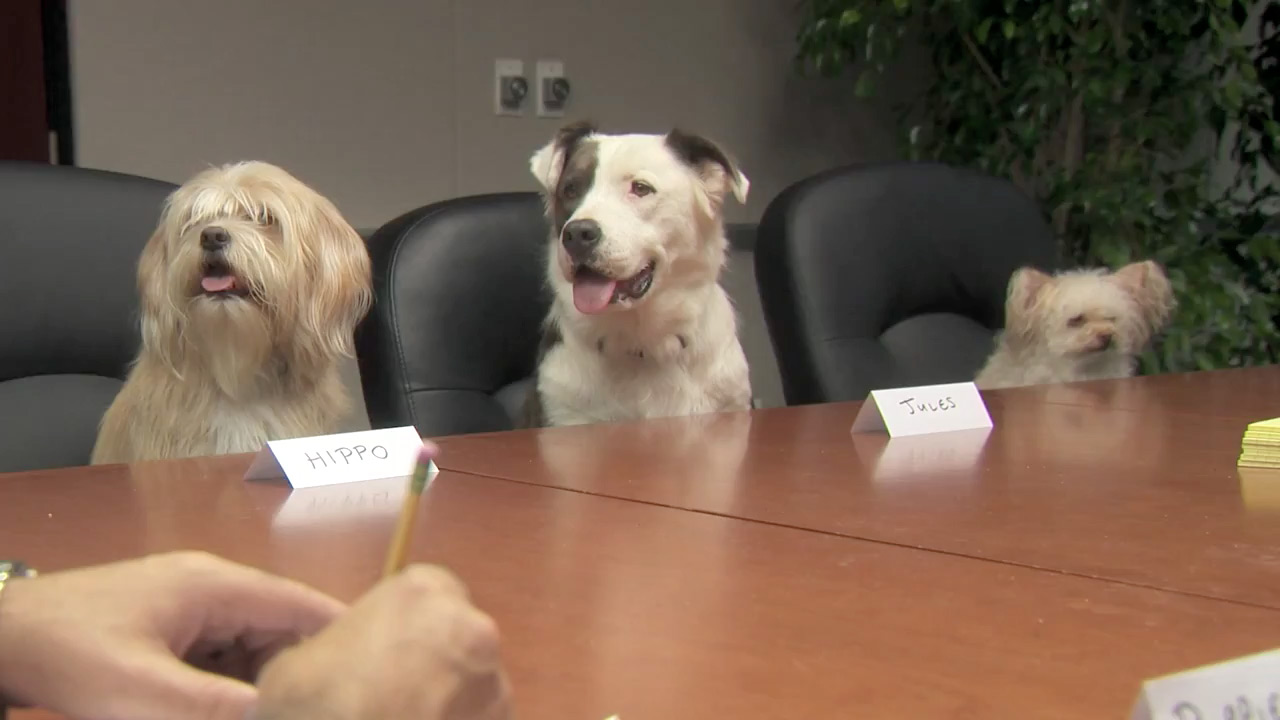
Blog

How To Do Awesome Focus Groups

We often get asked, “hey, does Evolve do focus groups?” HECK YEAH, is our typical reply. We don’t just do focus groups; we do great focus groups.
No, that’s not just marketing talk, or a self-inflated perception of our own service. We’ve learned a lot over the years – through experience, brutal groups and challenging goals. But the hard graft has paid off, and we are thoroughbred focus group Svengalis. We thought it only fair that we share some of our insight with you.
The Goals and Strategy
All successful research starts with clear and defined goals, and focus groups are no exception. The research feeds into a marketing strategy, so it is vital the research agency knows how the goals feed into this. Specificity is the name of the game. “Testing animatics” is not a goal. What specifically are we testing about the animatics? The tone of the message? The perceived call to action? How the animatic translates to a digital medium versus a traditional format? You get the point – it’s time to be persnickety.
It is also vital to determine if all of the goals are useful to the strategy. There is no point spending precious time (and focus group time is extremely precious) testing something if it is not going to be used. It’s time to separate the nice-to-know from the need-to-know.
The Participants and Screener
This may be obvious, but it’s absolutely essential. You need to get the right people to participate in your focus group, i.e. the exact audiences you are trying to target. For example, one audience might be females ages 18-30 and another might be people in the market to purchase a new vehicle in the next 6 months.
When recruiting participants to take part in a focus group, we use screening questionnaires. These are essentially 3 minute surveys to ensure that the folk who show up are exactly the audience we want.
Screeners serve to sort participants into homogenous groups and reject people who are not a good fit for the study. For example, it might be prudent to separate Republicans from Democrats, male from female, or younger from older.
Thinking about potential conflicts of interest is essential when designing the perfect screener. Removing “subject experts” at the screening stage is a wise move. Some time ago we conducted a study with Millennials about the environment. In our group we happened to have a geology major who “knew” everything there was to know about the environment. That’s not necessarily a bad thing, but “experts” often talk the most and end up dominating the groups – other participants feel less inclined to talk because they are not as educated on the topic as the so-called expert. In our case, we had to politely boot the respondent from the group and add a question to the screener for upcoming groups which eliminated participants with any sort of geology or environmental science degree.
The Questions
The questions, AKA The Moderator’s Guide, are clearly an important part of the focus group. These are the things which allow us to elicit responses from our participants and give us the information required to achieve the goals of the study.
Open-ended questions are focus group staples. Why did you say that? Can you elaborate? How did that make you feel? Focus group classics, each and every one! However, for a focus group to be as useful as possible, we need to make sure our participants are engaged and paying attention at all times. This can be challenging when conducting an hour and a half focus group late in the evening!
Sometimes what we’re testing isn’t all that sexy. A discussion about natural gas rates isn’t something which holds immediate appeal. It’s up to us to inject something engaging into the line of questioning to produce the most well-thought responses possible. We need to get creative! We LOVE to use notecards and nominate various group members to scribble things down and pin them up on the walls of the room – it gets people involved, and they have fun along the way.
It’s not all about the questions and creative exercises, a large part of running a successful focus group lies within the choice moderator….
The Moderator
We can’t stress this enough, the moderator is absolutely vital to the success of a focus group. Moderating is a real talent, if not an actual art form. Seriously! You might be thinking, “but a moderator just reads questions from a list, right?” No, no, no, no.
First of all, a moderator has to build a rapport with each and every respondent. The moderator needs to know the research goals and strategies like the back of their hand so they can ask impromptu questions. Not only that, a moderator is there to facilitate a natural conversation which means asking questions in the order they appear in the group and not necessarily in the guide, and also to reinterpret questions on the fly if they’re not yielding the depth of information needed.
Oh, then they have to encourage shy people to speak up, gregarious people to tone it down, ask questions being fed to them by the client via text message throughout the group, and keep track of time. All of this needs to happen simultaneously. And that’s a freaking hard thing to do.
(But we can do it.)
Head over here for 8 Skills Every Good Focus Moderator Should Have for more insight.
The Reporting
We won’t touch too much on the reporting – that’s a whole other bag of worms. Just know a report is not a transcript. The whole purpose of the report to is to clearly communicate the findings for the study and how those findings impact the client’s business.
We’re huge fans of illustrations, infographics and video executive summaries. We use those things to tell the story efficiently. Client’s don’t have time to read a novel.
